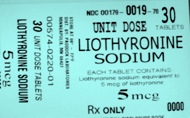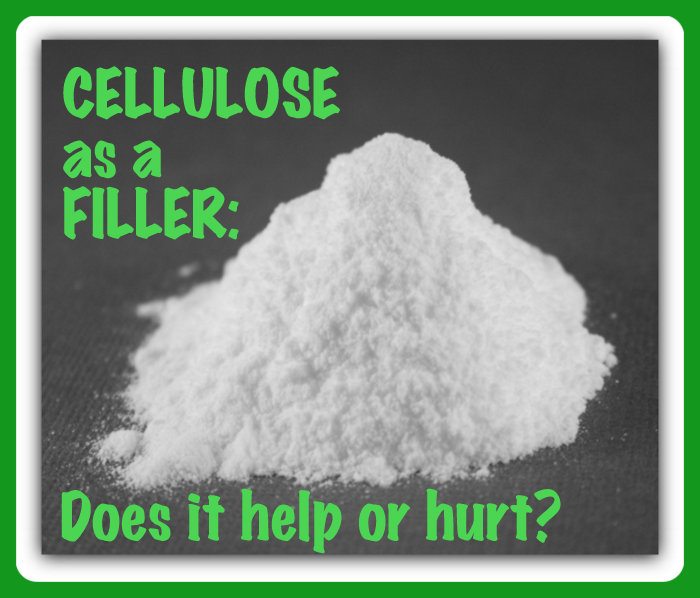Recall of T3 tablets — 5 mcg. by Paddock Laboratories
 Though this page was written in 2010, it has been updated to the present day and time. Enjoy!
Though this page was written in 2010, it has been updated to the present day and time. Enjoy!
***************
After the turn of the century and within groups associated with Stop the Thyroid Madness, thyroid patients made a huge discovery–that many of them had an RT3 problem!
RT3 is the acronym for Reverse T3. Reverse T3 production is normal. It will occur if you have surgery, after a bodily accident, when having the flu and/or other stressful conditions. It’s your body’s way of moving out the excess T4 by converting it to more and more RT3, which in turn, lowers your metabolism.
But when thyroid patients have either low iron or a cortisol problem, up goes the Reverse T3. And why is that a problem? RT3 is not only inactive, but you might say it’s a T3 “antagonist”, binding to the same cellular receptor that T3 would have attached to, but now can’t. Thus, T3 will rise higher and higher in the blood–a condition we call pooling.
So what did patients learn to do? Find out the reason and treat it…and in the meantime, they lowered the RT3 by lowering the amount of T4 they were getting, or by being on straight T3.
And in 2010 came recall of one of the brands of T3 by Paddock.
PRODUCT
Liothyronine Sodium Tablets, USP 5 mcg, RX only, Net contents 100 tablets, NDC0574-0220-01, UPC code (01) 00305740220016. Recall # D-695-2010
CODE
Lot # 9C548
RECALLING FIRM/MANUFACTURER
Recalling Firm: Paddock Laboratories, Inc., Minneapolis, MN, by letter dated May 18, 2010.
Manufacturer: Metrics Inc., Greenville, NC. Firm initiated recall is ongoing.
REASON
The recall is being conducted due to a stability failure at the 12 month timepoint; the assay value of this lot was found to be sub-potent.
VOLUME OF PRODUCT IN COMMERCE
11,064 bottles
DISTRIBUTION
Nationwide including DC and PR
Luckily, as the years went by, there continued to be other brands of T3 and new brands.
- Want to learn more about RT3 and the problems it can cause you?? You can read about it here on STTM’s Reverse T3 page, plus more details in the STTM book chapter on T3.
- Have you Liked the STTM Facebook page? Great place of daily information and tips!
- Like being informed?? Go directly to the STTM blog page and sign up for notifications at the bottom of any any page
- Need other thyroid patients to talk to? Go to the Talk to Others page.
- Have questions about what thyroid patients have learned? Check out the Question and Answers page.

